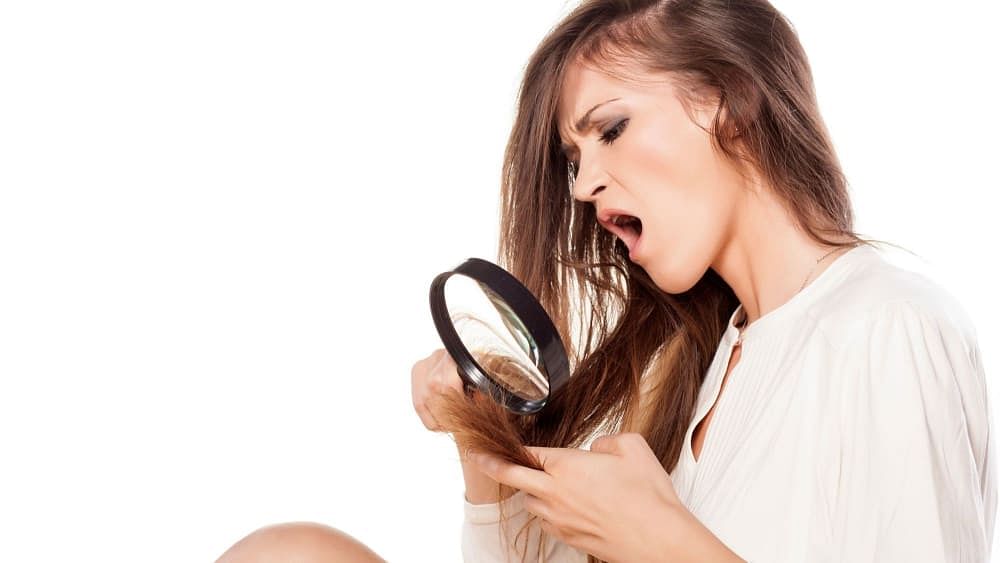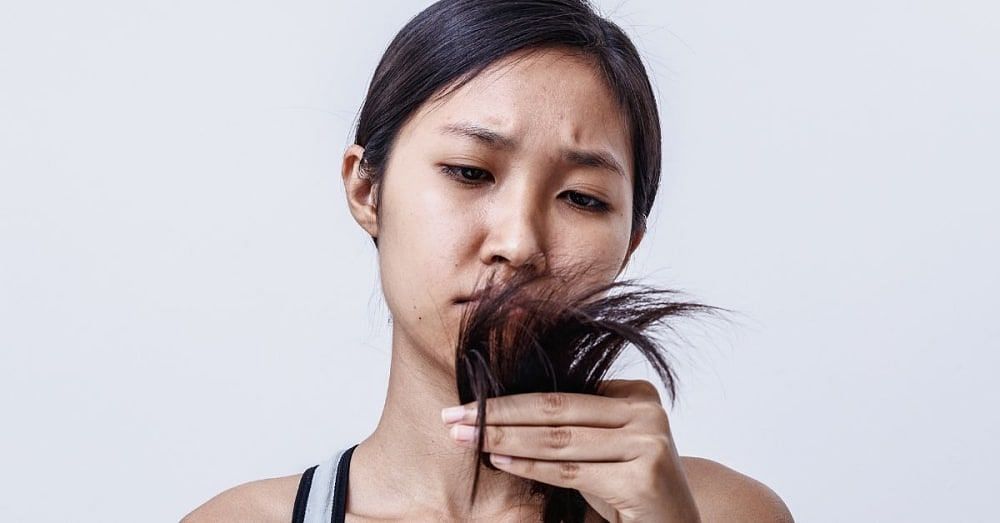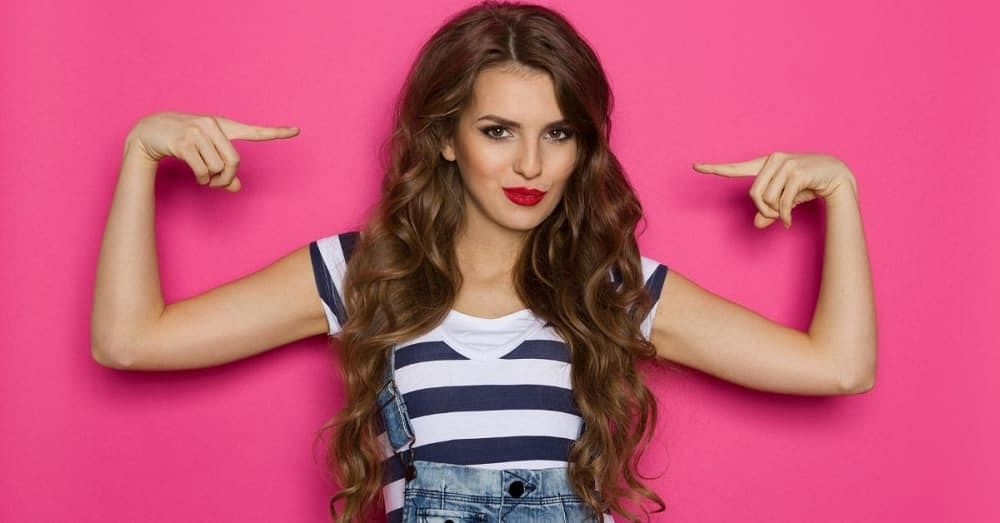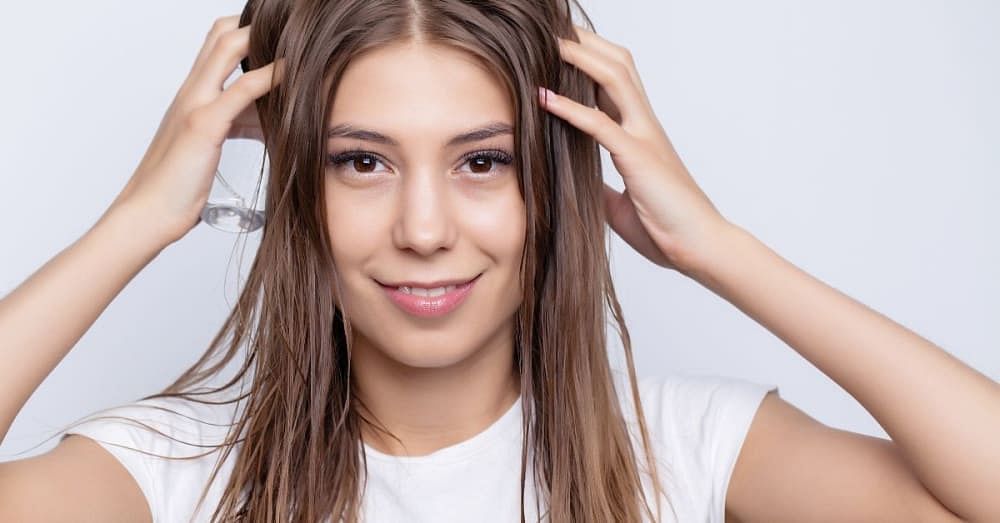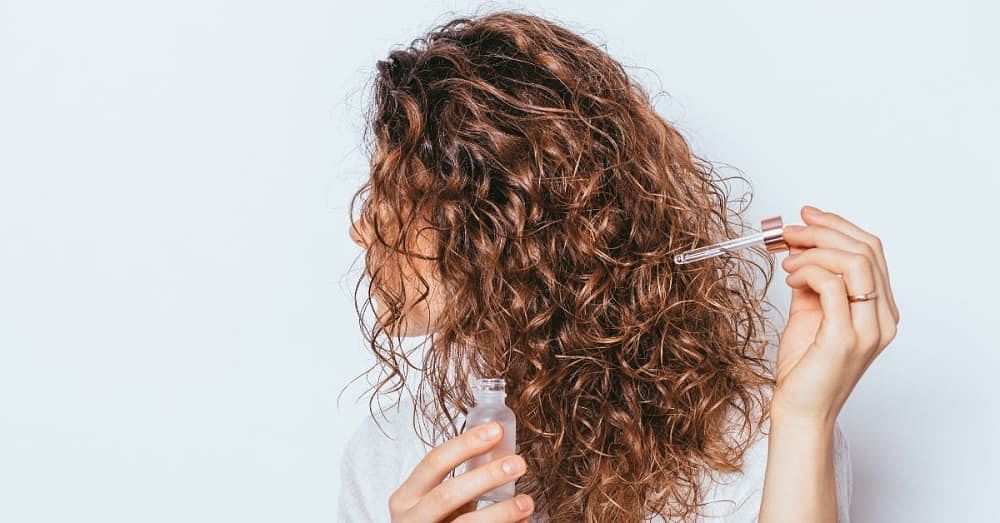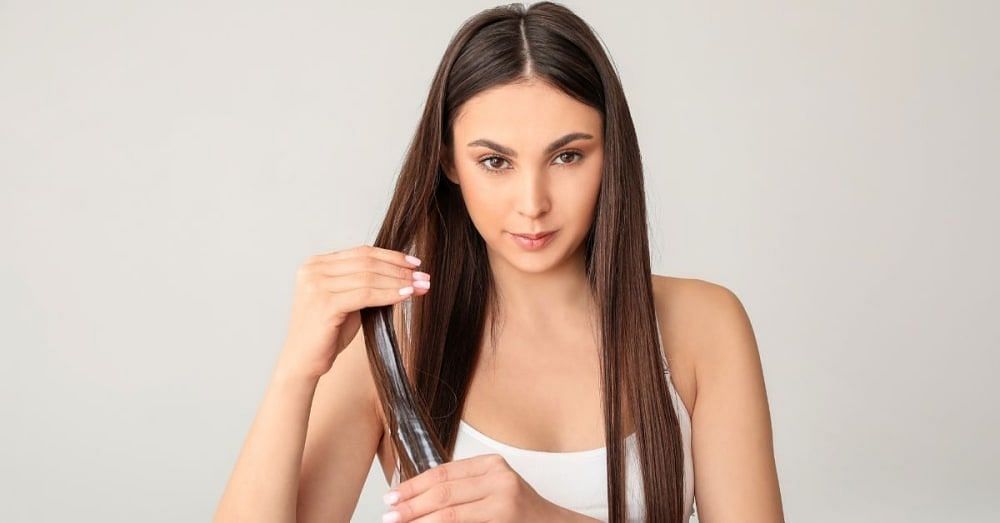Did you know Chlorine is added to swimming pools to prevent germs and illnesses?
When Chlorine is added to water, Chlorine turns into a disinfectant- Hypochlorous acid. Hypochlorous acid kills harmful bacteria like Salmonella and E. coli. Thus, adding Chlorine to water is an antiseptic.
Chlorine water is found in swimming pools. Now we know why! It keeps the pool clean. Highly chlorinated water means that the water has a stronger disinfectant.
But what does highly chlorinated water mean for our hair and skin?
Think about that the next time you soak yourself in that hot bikini on the warmest beach with a drink of your choice in your hands.
Is Chlorine bad for your hair?
'Does chlorine cause hair loss?
Research points out that hair loss has different reasons, but Chlorine isn't one of them. Increased chlorine exposure is harmful to your hair and damages it but doesn't contribute to your hair loss.
Regular exposure to highly chlorinated water means that your hair is becoming dry and coarse. If you do not take care of your dry hair right away, your hair becomes damaged from the hair follicle, making your hair brittle.
Chlorine alters the makeup of your hair. It chemically combines with the naturally occurring protein in your hair like keratin and makes this protein water-soluble. This means that your hair physically weakens and becomes thinner.
Though Chlorine doesn't directly contribute to your hair loss, it affects your hair's texture. Chlorine also chemically combines with the naturally occurring oils in your hair called sebum. By doing so, strips your hair of naturally nourishing oils and makes your hair dull and coarse. Due to the lack of nourishment, your hair becomes damaged and split at the ends.
When exposed to highly chlorinated water, your hair can change colour and get so damaged that it gets bleached due to Chlorine. Here, Chlorine reacts with the melanin in your hair and alters your hair's color. If you have dyed your hair, the artificial colour will leave your hair faster when it comes in contact with Chlorine.
The pH levels of chlorine water can disrupt your hair's pH levels and causes dandruff. Whether caused by chlorine water or not, dandruff is a large contributor to your hair loss.
Chlorine water should hold a pH level between 7.2 and 7.8. If the water has more Chlorine than this, the water becomes more alkaline. At this point, even if you are not a victim to male pattern baldness, you can face tremendous hair loss because of the highly chlorinated water.
Did you know that Chlorine is bad for your skin too?
There are no two ways about it. Hypochlorous acid irritates your skin. So, the more chlorine water, the more irritation.
Hypochlorous acid opens up your pores. Isn't that a good thing, you must wonder? No, not when the acid doesn't have nourishing properties and only irritates your skin.
In essence, it penetrates through your skin and opens your pores. It strips your skin of the natural oils, causes an imbalance in your skin's pH levels, and leaves your skin excessively dry with redness and inflammation.
How to take care of Chlorine damaged hair
- Deep condition your hair: Based on how regularly you swim, deep conditioning your hair against chlorine damage is essential. Use a leave-in conditioner that will shield your hair against chlorine residue.
- Use a Paraben-free shampoo: Research shows that paraben leads to hair fall and hair thinning. Using Parabens on your already damaged hair will only worsen the problem and lead to hair loss. This includes sulfates, too, so avoid them as well.
- Check your scalp for dandruff: Washing your hair and nourishing your scalp will prevent dandruff caused by chlorine water. Dandruff causes hair loss, so it is important to promptly tackle an itchy and flaky scalp. You could try ayurvedic treatments to cure your dandruff or medicated shampoo with ketoconazole to treat Chlorine water-induced dandruff.
- Oil your hair: Using argon oil to protect your hair from chlorine damage will make your hair slightly waterproof and prevent damage caused by harsh chlorine water.
Tips to reduce Chlorine's damage to your hair
- Find out the pool's chlorine water's pH level: Studies show that a healthy and legal pH level of chlorine water is anywhere between 7.2 and 7.8. Anything beyond this can cause excessive hair loss and damage your hair and skin.
- Massage oil into hair and scalp: Using coconut oil or olive oils forms a protective layer. These oils will penetrate through your scalp and your hair strands and keep them nourished and protected from the harsh chlorine water.
- Wear a swimming cap: though the cap will not keep your hair dry, it is sure to protect your hair from the damaging effects of chlorine water.
- Wet your hair before entering the pool: Be sure to wet your hair by taking a shower before entering the pool. Our hair absorbs like a sponge. So wouldn't you rather your hair absorb more normal water than chlorine water?
- Wash your hair with shampoo: Post swimming, you need to shampoo your hair. A mere rinse will not remove the chlorine residue from your hair. Using a protein-rich conditioner will prevent your hair strands from becoming brittle.

